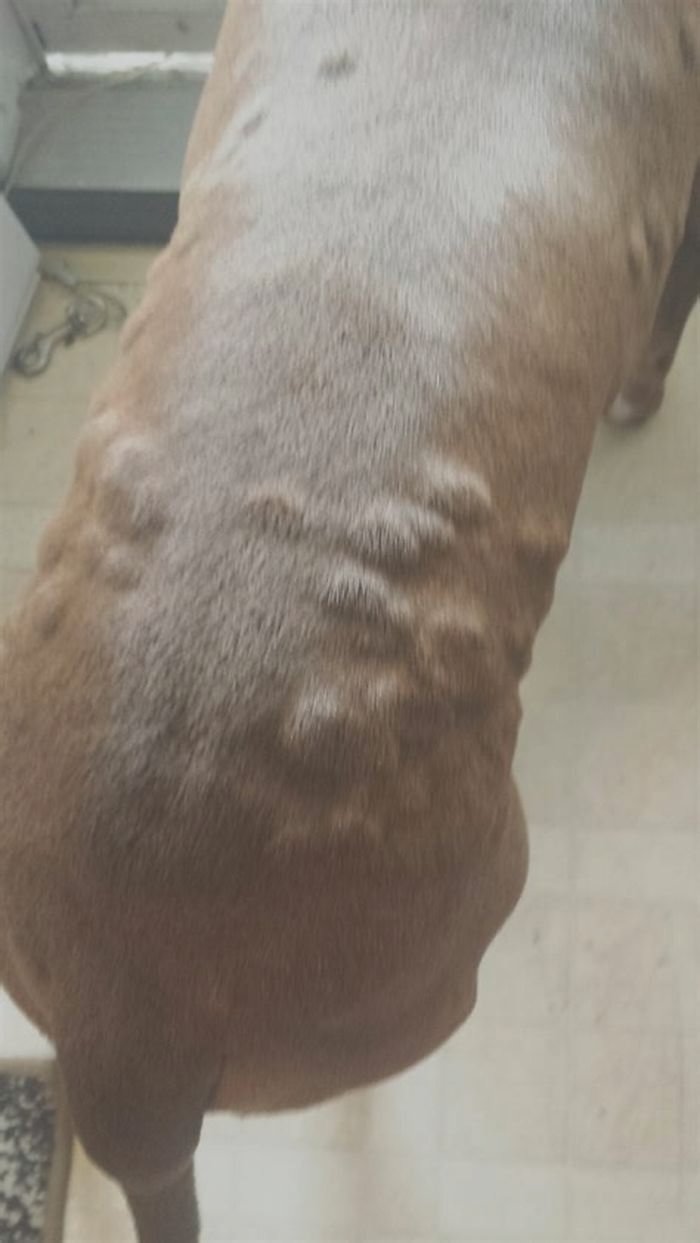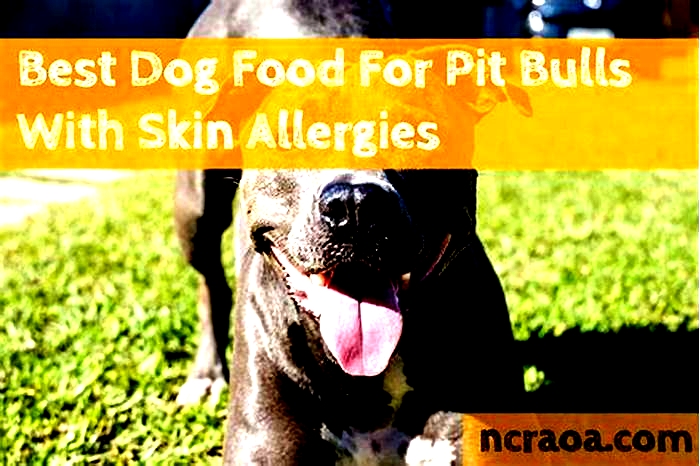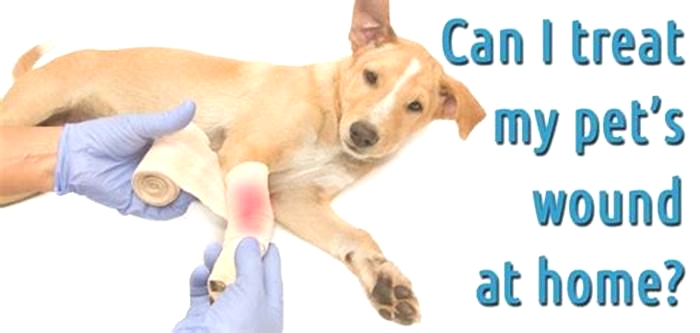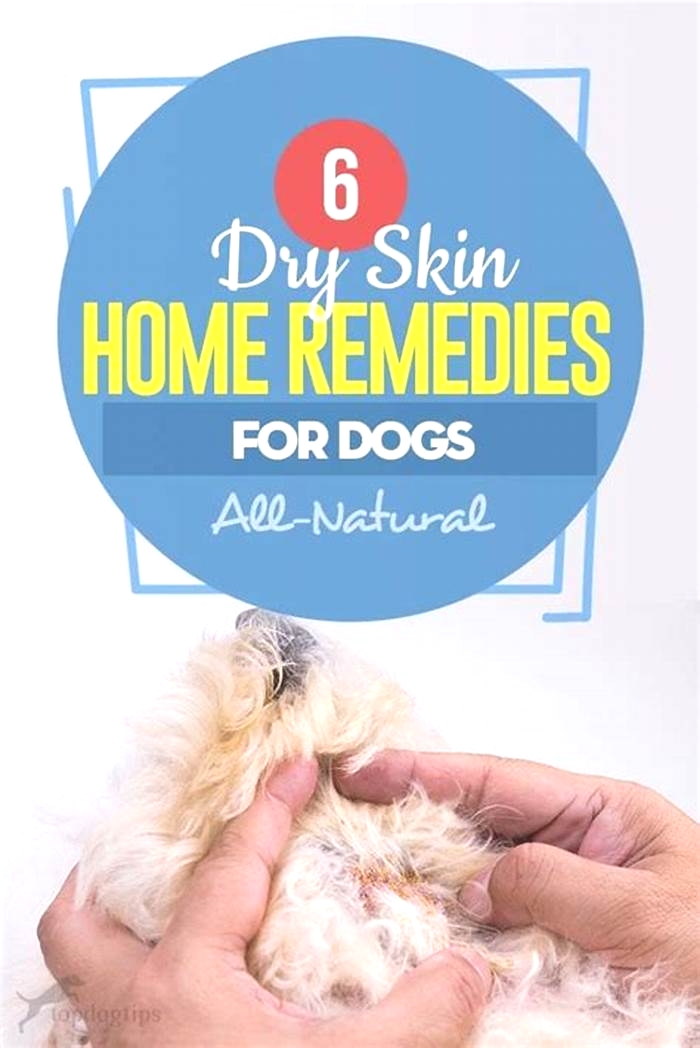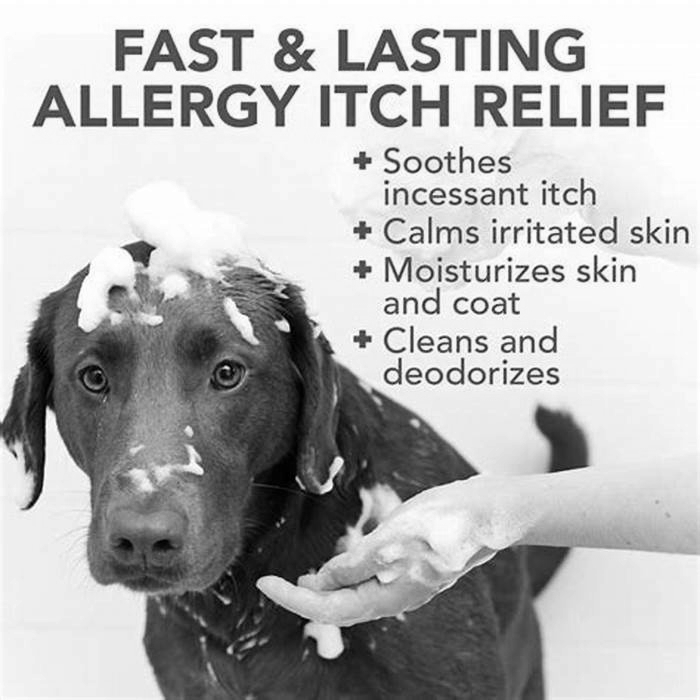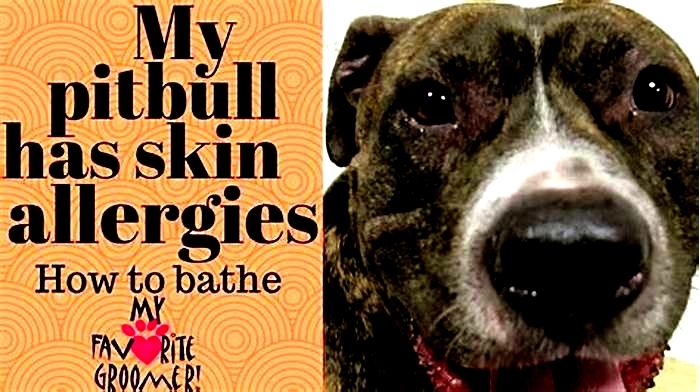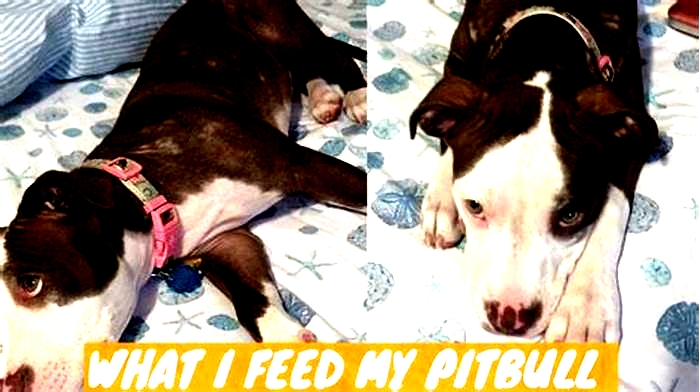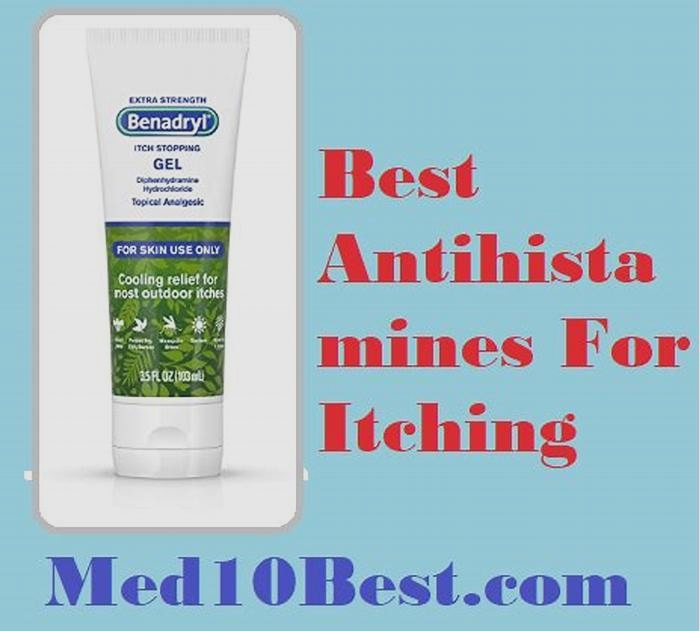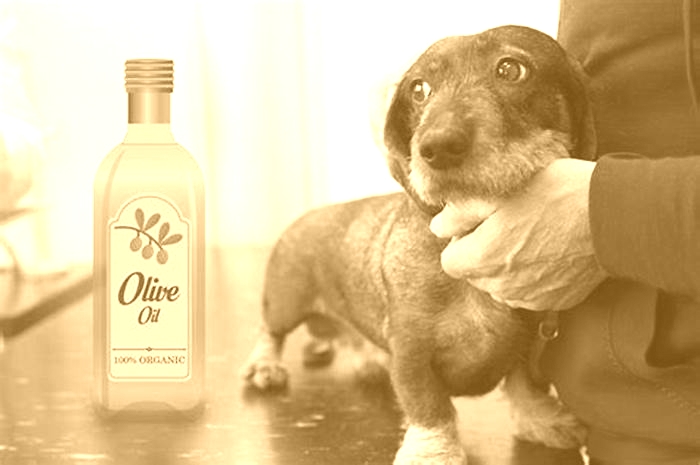How do you treat a bull terrier s itchy skin
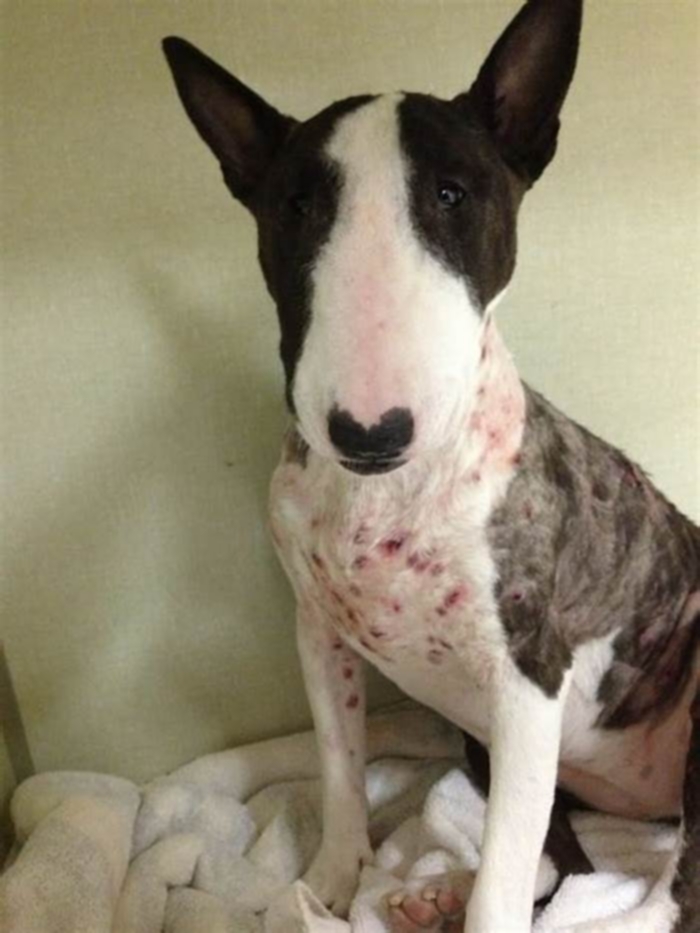
How to identify skin allergies in your Bull Terrier
Before I start with this topic I want to tell you something very personal: 95% of the things in this blog are not only thoroughly researched by me but they are actually based on my own experience. And that means that they are also based on mistakes I made myself. It has happened more than one time in my life that I asked myself: Why did I not know this sooner? Why did I not ask the right questions?But at the end of the day there is no reason to beat yourself up about mistakes made of the past.We always have the chance to learn from them.So, when you read this and you find yourself doing things now or in the past I describe here as not so good, please dont take it personal and dont feel judged. Ive been there and I have done them myself.
Allergies, especially skin allergies, sadly are part of many Bull Terriers lives. This breed once rated among the healthiest dog breeds in the world is actually not so healthy anymore.I blame this on different factors, such as irresponsible breeding, environmental changes and highly processed modern day food. But most of these are topics for another article.For many Bull Terrier owners it takes a long time to realize that the health problems their dog is suffering from are actually related to allergies.
Why do so many different things cause skin to react?
The skin is the biggest organ of most mammals and it is connected to our inner system. It is the bodys line of defense against influences from the outside and it is willing to do so. All parts of the dogs body interact in some ways. Hormones that are released from the adrenal glands are acting all over the body. When the intestines are weakened by say antibiotics this can affect the entire body.When allergies are causing the body to activate its defense mechanisms this can show in the form of itchy and inflamed skin, even if the trigger does not get in direct contact with the skin, but rather comes from the inside (as in the case of nutrition).
Skin allergies in Bull Terriers can be caused by different triggers, the three main causes being:
- nutrition
- parasites
- environment
Very often when people notice their dog suddenly becoming excessively focussed on cleaning themselves by frequently licking different parts of their bodies these owners do not even realize at first that they are dealing with allergies.
What are the symptoms of skin allergies in Bull Terriers?
- red or raw paws, redness between the toes and under footpads caused by excessive licking and bitingdiscolored fur on the paws (coppery red)
- pustulesear infections
- red belly
- hair loss
- lesions and inflamed areas on different parts of the skin
When owners notice their Bull Terriers suddenly licking their paws or other parts more often they should be alert. This could be the first sign of a skin allergy. Many owners wait this out for too long and secondary infection gets good chances to start unnoticed at first.
Many Bull Terriers like licking themselves, other pets in the household and people to keep themselves busy or show affection. To a certain extend that is ok and normal. But even without allergies being present this can easily become obsessive. As Bull Terriers are a very active breed they are prone to developing obsessive behaviors, such as tail chasing or excessive licking, if they are alone and bored for longer periods of time, for example, dont get enough exercise or if they are mentally on a constantly overexcited level. But excessive licking and biting can also be a sign of allergies.
If you notice excessive licking dont fool yourself and think thats only normal. Dont hesitate to count the incidents and examine your Bull Terrier. Take a look between your Bull Terriers toes because that is often a moist area, optimum breeding ground for bacteria and often a lot worse already than it looks from the outside.It may as well be the case that you do not notice more licking than usual because your dog only does it during alone time or so. But you may notice the color of the fur changing from white into a coppery dirty red instead or in addition. This discoloration is often a sign of excessive licking (as is hair loss on the paws) caused by minerals in the saliva.
If you want to do something, first heres what you should NOT do:If you notice red and raw paws, please, do not go the very common route of putting socks over the paws, or a surgery collar around the neck or even worse tape the paws in order to stop the licking and give things a break. This really does not help anything! In bad cases it does quite the opposite! And that is especially true if it is the ONLY measure you take.
Why?
The Bull Terrier is licking because its skin is itchy.If you have ever had a broken limb in your life and had the honors of wearing one of those ancient closed casts you will probably know how dreadful that itch developing inside the cast and the fact that you cant reach down there scratch yourself can be.That is exactly what your Bull Terrier experiences when you tape those itchy paws.The itch doesnt stop. Only your dog cant reach it any more to relieve itself.
It also does not really help with healing because neither does it stop the allergy triggers nor does it do anything good to heal the inflammation. In the worst case it traps already accumulated bacteria in a very bacteria-friendly moist environment making everything even worse.
What you can do as a supporting measure is to frequently flush or wipe the paws and between the toes or other infected areas with a non-stinging skin disinfectant especially after walks outside to curb the bacterial growth from that secondary infection and aid the healing. Also you can use medicated (anti-itch) dog shampoo for bathing. Please do not use products formulated for humans! These are formulated for a different skin ph and only make things worse.Also, just because the belly may be red and the paws raw that does NOT necessarily indicate that you are dealing with a contact allergy to say grass or your carpet cleaner. Allergic breakouts can happen either locally or systemic (= affecting the entire organism). In case of a contact allergy the trigger is something the skin gets in direct contact with, like an insect bite, for example, or plants. Triggers are often easier to find and avoid. Signs of a systemic allergy can show all over the body. Something the dog eats can cause itch and breakouts in any area of the body. Triggers are much harder to identify.
Read more on page 2
Pages: Page 1, Page 2, Page 3, Page 4Everything You Need To Know About Pit Bull Skin Allergies
Everything You Need To Know About Pit Bull Skin Allergies
If you have a Pit Bull in your life, there is a chance that your pup has experienced a form of skin irritation at some point.
Pit Bulls are prone to developing skin conditions, whether its due to environmental allergens or something more.
To help you better understand your Pittie, lets discuss everything you need to know about Pit Bull skin allergies.
Ranging from typical causes to treatment methods, lets get into our detailed guide!
Are Allergies Common In Pit Bulls?
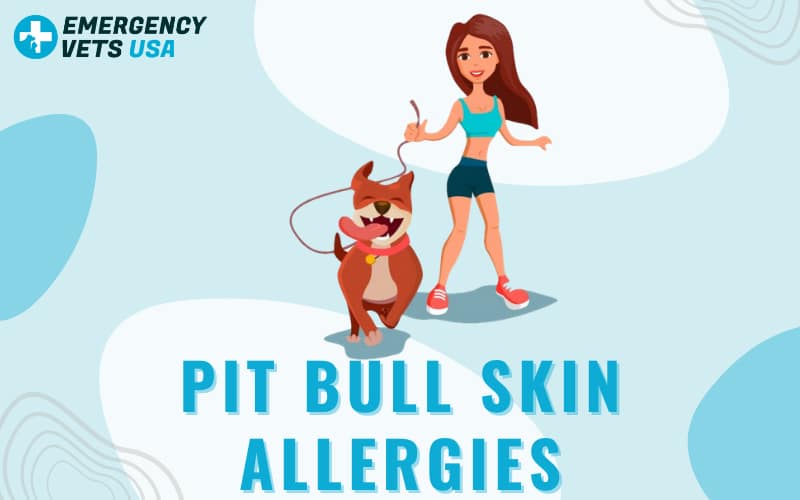
Unfortunately, allergies are common in our Pit Bull friends.
Their short coat makes them extremely susceptible to environmental allergens, leading to skin irritation in many Pit Bull pups.
Not only are allergies common in Pitties, but they are more likely to develop zinc deficiency as well.
With these factors combined, many Pit Bulls struggle with dry and irritated skin as a result.
Dont want to read this entire article? Watch our short video on Pit Bull Skin Allergies on this page.
Common Pit Bull Skin Problems
Pit Bulls can experience skin irritation due to multiple causes.
With having such a short and flat coat, this breed is more likely to fall victim to potential allergens in the world around them.
To help you get to the bottom of your dogs skin problems, lets discuss the most common factors below.
Allergies
Pit Bulls can experience multiple forms of allergies that cause a list of irritating symptoms.
While it may seem like contact allergens are the only form of allergy that can cause skin irritation in dogs, this is actually not the case.
All forms of canine allergies can have an impact on a dogs skin and coat health, even if the allergen never makes contact with the skin itself.
Our Pit Bull friends can experience environmental allergies, contact allergies, and even food allergies. Each of these conditions can result in:
- Skin irritation
- Dry skin
- Skin redness
- Inflammation
- and secondary skin infections when these issues are not addressed
If your Pit Bull experiences long term skin irritation without relief, its best to speak with your vet about the possibility of canine allergies.
Most vets will first discuss the use of allergy treatment going forward, and the potential of pursuing allergy testing if your Pittie does not respond to treatment.
Most Pit Bulls do well with the use of daily allergy medication, or even monthly injections that diminish their current irritations.
If these options are not successful, some pups will need to begin an elimination diet to rule out any potential food allergies.
Ectoparasites
The most common cause of itchy skin in dogs is the presence of ectoparasites, or the skin irritation they leave behind.
Contact with even one flea can be enough to cause a severe allergic response in dogs, leading to an array of skin irritation to follow.
While flea prevention can prevent flea infestations, some only work by killing the flea once it bites the skin.
This method is effective, but it does not prevent any flea bite irritation.
If a Pit Bull is allergic to fleas, this can still lead to flea allergy dermatitis.
Irritation from fleas will often appear as skin irritation on the legs or in the area around the base of the tail.
Dogs will often frantically bite at this area, leading to potential fur loss and infection in some cases.
Flea allergy dermatitis will often require veterinary attention due to the severe irritation that is left behind.
Not only can your vet address any current fleas that are present, but can offer the best support for any current irritation or infection.
Dry Skin
Some Pit Bulls struggle with dry and itchy skin.
Just like you and I, some dogs skin is simply more dry than others.
This can be further irritated in certain weather, during certain seasons, and even when using new shampoos or other products.
Dry skin is not only itchy for a dog, but can lead to secondary infection due to constant scratching.
Skin Infections
Skin infections are a secondary problem to initial skin irritation.
When a dog has itchy skin, they often resort to biting and scratching to ease their discomfort.
Dogs do not understand how damaging this can be to their skin, causing them to scratch and bite to the point of severe irritation.
Not only can the scratching cause damage in itself, but can welcome new bacteria into the skin.
This is how secondary skin infections are formed, causing a vicious cycle of discomfort.
Skin infections often present with inflammation, oozing, flaking, and even odor.
Infected areas of the skin may even begin to develop hot spots, which is a painful skin condition that is caused by excessive licking or scratching in one area.
Skin infections often require medical intervention, as this can be challenging to treat without antibiotics.
Zinc-Responsive Dermatosis
Pit Bulls are more prone to developing a condition known as Zinc-responsive dermatosis.
This is a condition that is most often seen in large breed dogs, and develops as a result of the bodys inability to absorb zinc properly.
This can also develop if a dog does not receive enough zinc in their diet.
Dogs with a zinc insufficiency can experience dry skin, a dull coat, and even fur loss.
Hair loss and flaking around the mouth and eyes is particularly common, causing a typical pattern that is easier for a professional to identify.
If you fear that your Pit Bull has zinc-responsive dermatosis, its best to contact your vet for further advice.
They are the only ones that can properly identify the condition, as well as offer a safe dose of daily zinc.
How To Solve Pitbull Skin Problems
Skin problems can be a lifelong nuisance for so many canine friends.
If you happen to have an itchy Pit Bull in your life, there are a few ways to offer them the comfort they deserve.
Stay Up To Date On Preventative Care
One of the best ways to prevent further skin irritation in your canine friend is by staying up to date on their preventative care.
Fleas can cause a world of discomfort for a dog, making any previous skin conditions even more severe.
By keeping your pup on proper flea and tick prevention, you can prevent any further complications from crawling critters.
Ask Your Vet For Advice
Its always best to speak with your vet at the first sign of skin irritation.
Your veterinarian can guide you in the right treatment direction for your Pittie, and potentially shorten their time of discomfort.
Not only can your vet offer your dog proper treatment, but they can diagnose any issues you were unaware of.
No matter how minor your dogs issues may seem, it is always best to seek professional advice.
Offer Soothing Baths
Soothing baths can be wonderful for Pit Bulls with dry and irritated skin.
Calming ingredients can offer much needed relief when applied to the skin, helping to ease your dogs discomfort as they heal.
Some of the best soothing dog shampoos include ingredients like oatmeal, aloe, coconut, honey, and lavender.
You can also purchase soothing shampoos at your veterinary office, many of which contain medications to target dry skin at the source.
Brush Them Frequently
Brushing your Pittie can be a simple, yet effective way to soothe their troubled skin.
Frequent brushing helps to stimulate oil production on the skin, leading to a healthier and more hydrated coat.
Though your dogs fur may be short, a few short brushing sessions a week can make a huge difference for your pup.
Final Thoughts
Our Pit Bull friends may be more prone to skin allergies than other breeds, but there are many ways to offer them comfort.
Be sure to review the information that we discussed above, and you can stay on top of their skin and coat health going forward.
My name is Amber. I am a dedicated animal lover that turned my passion into my career. I am a Licensed Vet Tech with 12 years of experience in veterinary medicine, but I recently took my career online to help spread accurate information on animal care. With how vast the online world is, I have a strong desire to ensure that the reader always walks away with helpful pet advice. With the experience Ive gained from my time in this field, I have been able to travel the world, offering my services to as many animal rescues as I can find. If I am not at my laptop, or back home visiting family, you can find me somewhere in the world, cuddling every furry friend that I can find! More About Us

